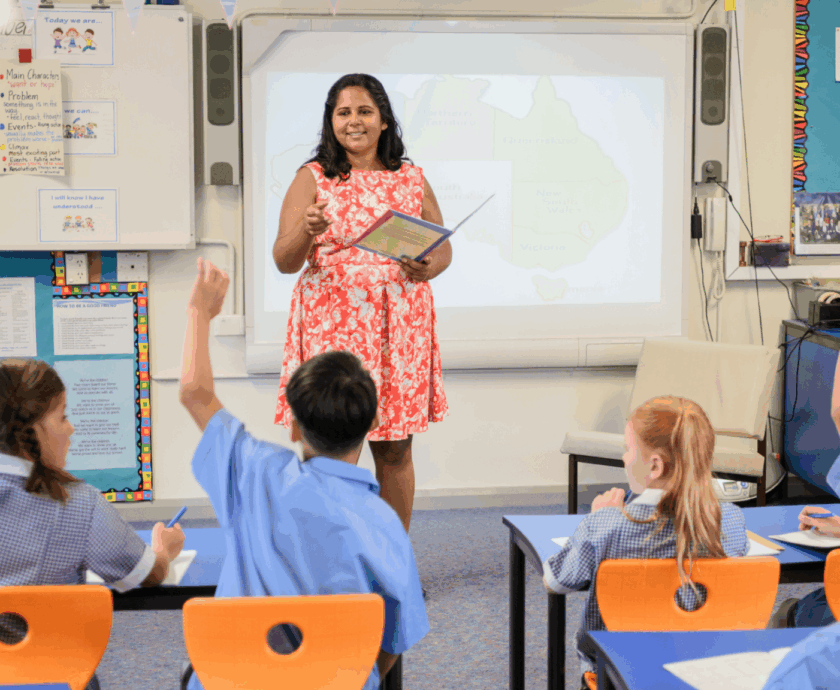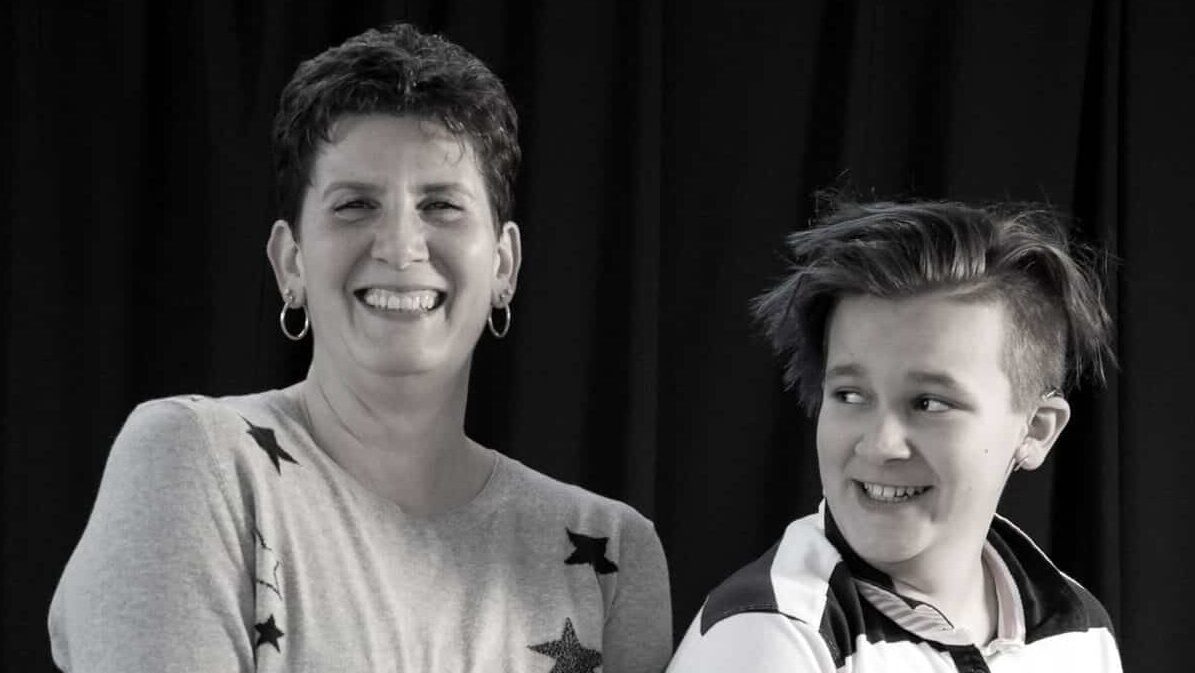There are few better thrills for parents than when your child comes home from school in those early years eager to show you something new they’ve learned. You soon see it doesn’t take long until they’re expanding their vocabulary and counting everything in the room. As their brains are soaking up all the information around them, the skills they learn in Early Learning Centres (ELC) quickly become permanent and create the foundation to build upon.
At this stage, language learning is a natural priority as children begin to navigate the world and connect with people. While English is the primary language many children learn in Australia, introducing Auslan at this age can have profound benefits. We developed the Platypus Playhouse range with the view of providing deaf and hard of hearing children with fun learning resources to build language, connections and confidence, as well as providing a way to introduce Auslan to the child’s immediate support network.
Designed to promote Auslan skills, the Platypus Playhouse range of resources aims to bridge the communication gap for children, families, carers, and friends. It demonstrates that sign language isn’t just beneficial for deaf and hard of hearing children – it’s a rich linguistic opportunity for all children.
The Platypus Playhouse Range
In Platypus Playhouse, you get to dive into the world of a pair of adorable platypuses, Pip and Annie, along with their endearing besties. With several storybooks that take readers on different adventures and tools like Matcheroo and flashcards, the Platypus Playhouse range offers playful and interactive methods to encourage early communication. These tools aren’t just toys – they’re gateways for children to forge meaningful connections, understand their environment, and foster a strong foundation for linguistic skills.
The Auslan Adventure
Auslan doesn’t require the use of speech or hearing, which makes it a language with potential to foster connections with people from different backgrounds and abilities as we have learned through our Puggles Swim program. Auslan offers communities a way to communicate with deaf and hard of hearing people within their community. When it’s used as a second language, communities with different native languages can communicate with each other, promoting connection with people from diverse backgrounds.
Platypus Playhouse is a way of helping communities grow into this potential, integrating Auslan translations for all its storybooks and many other resources in the range. It is of course especially beneficial for children who are hard of hearing, this inclusion serves as a crucial tool to enhance interaction, build self-confidence, and shape their understanding of the world around them.
Platypus Playhouse in Early Learning Centres
We know children love to use their imagination and learn by exploring fun and exciting worlds. When they enter the world of Platypus Playhouse, learning feels a lot less like just reading. It becomes part of the story experience. In the storybooks, children engage with the characters through practising their signs and a thoughtful narrative that keeps them entertained.
For example, the newest adventure, Pip and the Party, takes children on a joyful journey as Pip learns how to navigate his BIG feelings, something every child can relate to. This story is not only engaging but also helps children recognise their emotions. What’s more, it comes with an Auslan video translation with the highly acclaimed actor Todd McKenney as the English storyteller, and the talented Deaf actor David Grant,as the Auslan storyteller.
These storybooks are developed with education experts and Auslan consultants and are backed by research. This means that as well as being a fun and interactive resource they are optimised to enhance learning for children of preschool to early primary school age.
Introducing children to a world that encourages learning through play, they find it easier to remember what they’ve learned and turn their teachings into permanent knowledge.
How to Make the Most of Platypus Playhouse Resources
Integrating Platypus Playhouse in your classroom’s learning journey is straightforward:
Start Small: Begin with Flash Cards to familiarise them with basic signs and concepts.
Engage with Stories: Use the power of storytelling to immerse children into the Platypus Playhouse world. It won’t be long before their imagination takes over and they’re hunting for more words they can learn.
Consistent Practice: Like any language, regular practice is the key. Integrate Auslan signs into daily routines, use the Matcharoo game as a way for them to play with friends, and continue turning reading time into a dual-language experience.
Use in Groups: Encourage your child to communicate using Auslan with peers, enhancing group interactions and promoting inclusivity.
While Auslan serves an irreplaceable purpose for the deaf and hard of hearing community, its usage doesn’t need to be limited to this group – it’s a language that everyone can learn to foster inclusivity and connection! With resources like Platypus Playhouse, not only do we provide a platform for all children to hone their language skills, but we also create a world where being deaf or hard of hearing doesn’t equate to being left out.
To learn more about the role of Platypus Playhouse and how to integrate the resources into your classroom, visit our website today!








